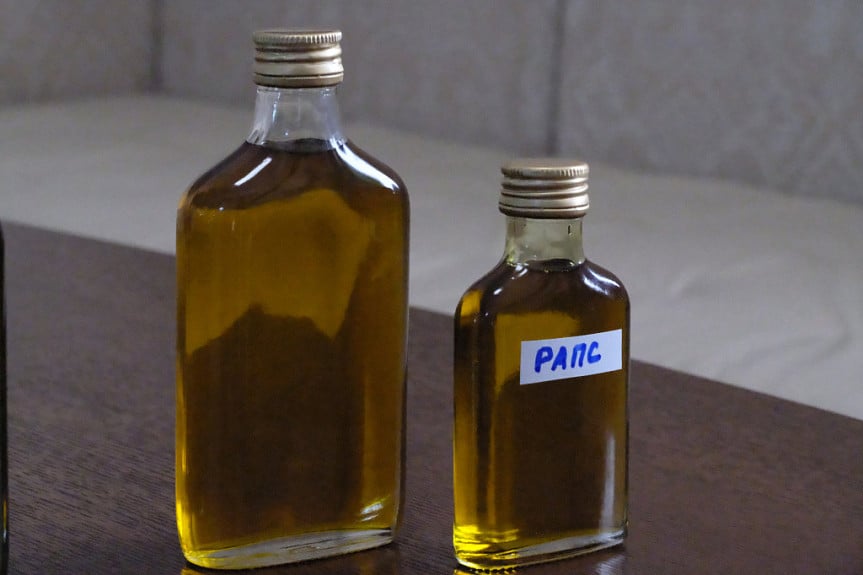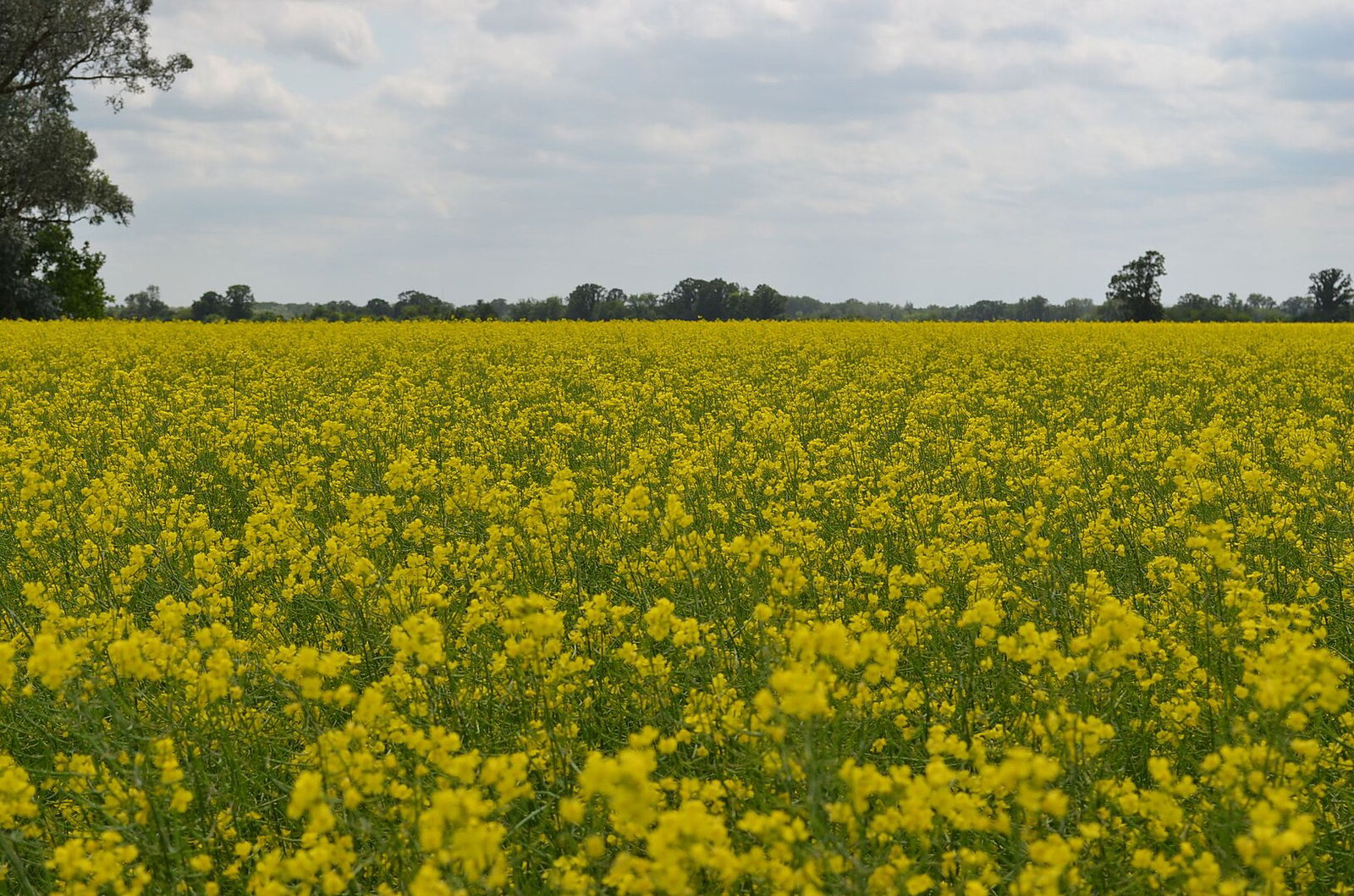While it may appear as just another plant, canola has a fascinating story. Now the second most common crop in Canada after wheat, it has become a global culinary staple known for its affordability, health benefits, and versatility. This article explores the intriguing journey of canola, a humble plant turned into a worldwide phenomenon, and the controversies that have accompanied it.

Canola oil is a vegetable oil extracted from canola seeds, part of the Brassicaceae family alongside plants like cabbage, broccoli, mustard, and cauliflower. With its light texture, mild flavor, and high smoke point, canola oil has found a place in home cooks and chefs’ kitchens. But the path from fields to frying pans is one of scientific innovation and resilience, marking canola oil as more than just another cooking ingredient.

Canada’s canola story began in the 1940s when rapeseed oil—a precursor to canola oil—was in high demand in Europe as a lubricant for steam engines. During World War II, disruptions in Europe left a gap in the market for rapeseed oil, used for mechanical lubrication. Canadian farmers saw an opportunity. With vast, flat prairies ideal for agriculture, they grew rapeseed, discovering it thrived in the cool, fertile Canadian plains.

As demand for rapeseed oil fell after the war, Canadian marketers sought new markets, notably Japan, where rapeseed oil was popular in dishes like tempura. However, rapeseed oil had a drawback: high levels of erucic acid. This led Canadian scientists to innovate, aiming to create a healthier oilseed crop.

After years of breeding and experimentation, Canadian scientists developed a low erucic acid variety, giving birth to canola oil. This new oil boasted a better nutritional profile with low erucic acid, reduced saturated fats, and high omega-3 and monounsaturated fats. By 1985, canola oil received international recognition for safety, solidifying its reputation as a healthier alternative. The name “canola” itself reflects this development: “Can” for Canada, “O” for oil, and “LA” for low acid.

Despite its popularity, canola oil has not been free from controversy. Critics have questioned the genetically modified nature of some canola crops and their potential health and environmental impacts, although scientific studies generally counter these claims. Additionally, concerns arose around canola meal, a byproduct used in animal feed, due to glucosinolate content. However, farmers and researchers have worked to lower these levels, making canola meal safer for livestock. Some studies even suggest that cows fed canola meal produce about one liter more milk per day. Continued research and regulation aim to ensure that canola products are safe and sustainable.

The journey of canola, from a niche crop to a globally loved cooking oil, showcases Canada’s agricultural innovation and scientific expertise. Canadian farmers and scientists have turned this once-industrial oilseed into a versatile, nutritious staple used worldwide. Next time you see a golden field of canola, remember the incredible transformation that took it from engine lubricant to an essential in kitchens around the world.
